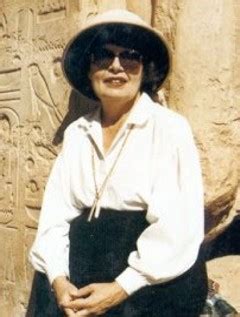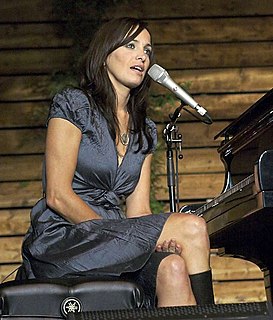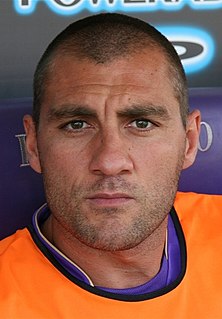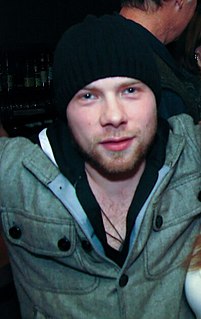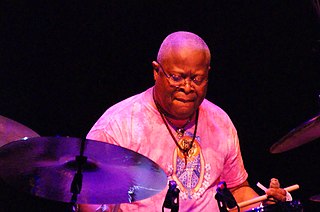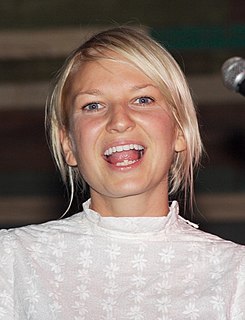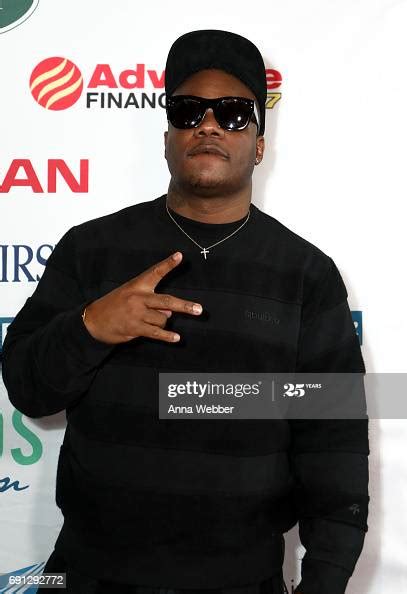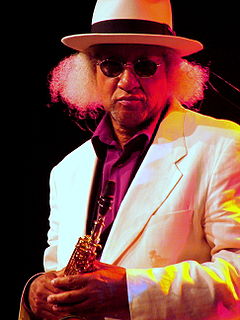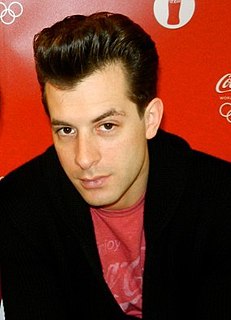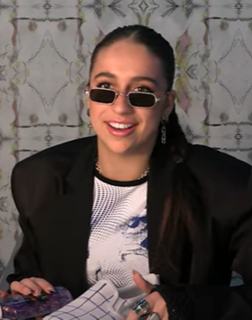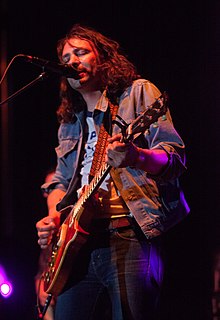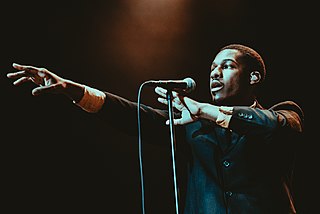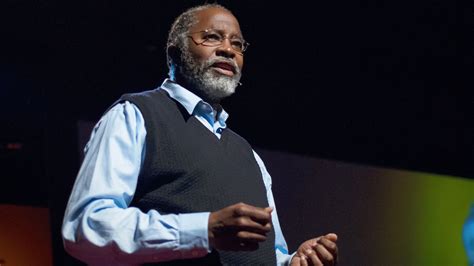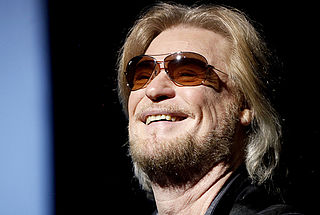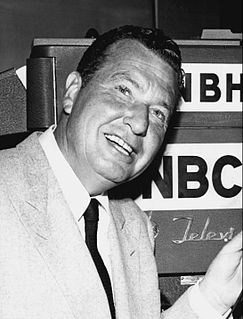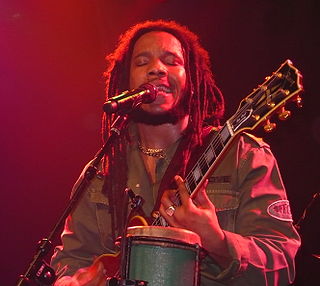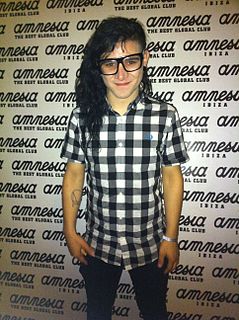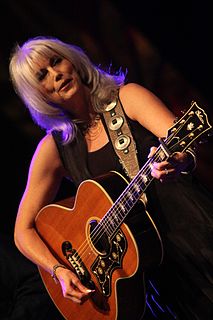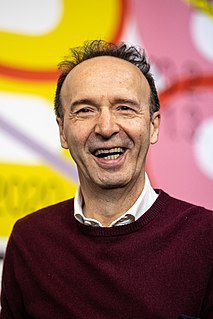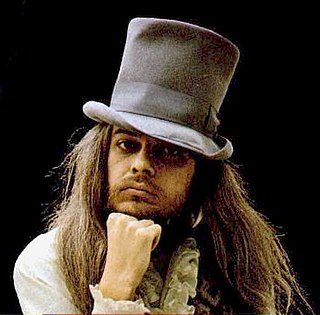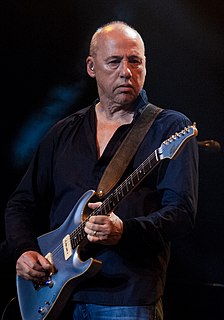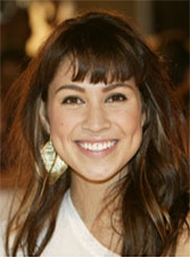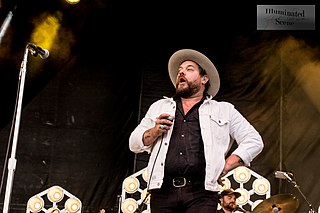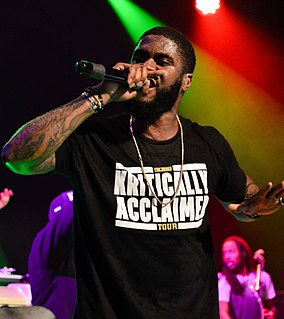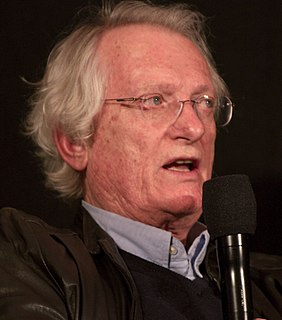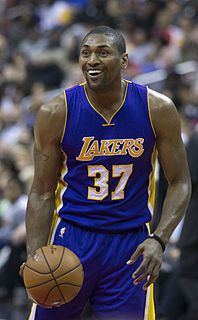Top 1200 Music Writing Quotes & Sayings - Page 19
Explore popular Music Writing quotes.
Last updated on December 18, 2024.
I can work a lot faster when I'm writing a screenplay than when I'm writing a play because, if I'm having a problem with a scene or something, I can just be writing it in a way where there's no dialogue, or find a way to make sound do the work that I want to do or a close-up do the work that I need to do.
Millions of people are joined in the knowledge that writing brings insight and calm in the same way that prayer, meditation, or a long walk in the woods does. They have discovered that writing allows the racing mind to move at the pace of pen and paper or the pace of typing on the waiting screen - that journal writing is a spiritual practice.
I wouldn't have known when I was a teenager that when I was coming up to being a sixty-year-old woman that I'd be making music, I'd be recording music, talking about music, and incorporating my views on the world into the music-making. So it's a very rarefied place to be, and I'm very grateful for that.
When I was a teenager, I really didn't like loud rock music. I listened to jazz and blues and folk music. I've always preferred acoustic music. And it was only, I suppose, by the time Jethro Tull was getting underway that we did let the music begin to have a harder edge, in particular with the electric guitar being alongside the flute.
When I'm writing a play I hear it like music. I use the same indications that a composer does for duration. There's a difference, I tell my students, between a semi-colon and a period. A difference in duration. And we have all these wonderful things, we use commas and underlining and all the wonderful punctuation things we can use in the same way a composer uses them in music. And we can indicate, as specifically as a composer, the way we want our piece to sound.
When I was a kid, we weren't really supposed to listen to secular music. But one day, I found a 'Led Zeppelin IV' cassette tape in the garage, and it was just amazing-sounding music, not like anything I'd heard before. I remember thinking: 'Well, if God created music, why is his music in church not as good as this?'
Critics stopped being relevant when they stopped writing to inform and contextualize, and when they started writing to signal who they are, to display their identity by their stance on what they are writing about. Criticism should never be about the critic, but thats what it has become, and that’s why no one cares about them anymore.





